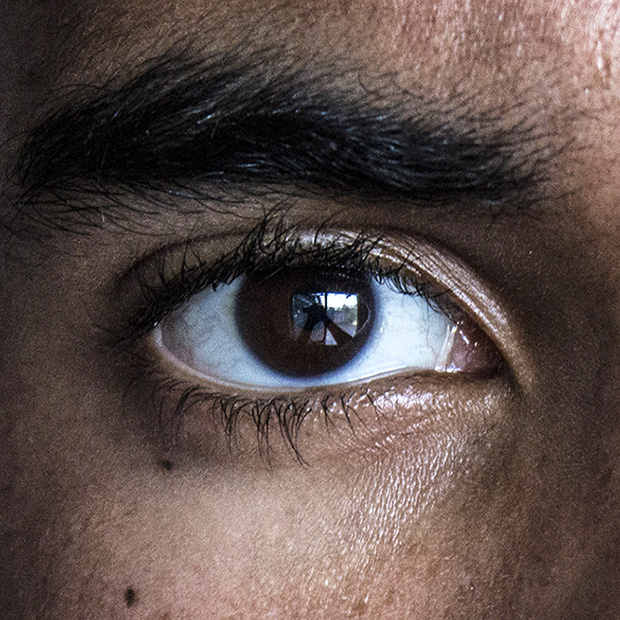Common Patient Questions And Concerns

Many of us schedule our eye exams knowing we have plenty of questions for the eye doctor.
What a lot of patients don’t realize is that they share quite a few of these questions with their fellow patients, particularly when it comes to common vision fears and issues. That’s why our practice is dedicating a blog post to addressing six of the concerns we deal with most frequently.
1. Am I hurting my eyes by staring at my computer screen all day for work?
While extended screen time is one of the main causes of eye strain, it won’t lead to long-term damage. Eye strain can still be unpleasant enough on its own, but you can reduce your symptoms by following the 20-20-20 rule. Every twenty minutes when working on your computer, take a 20 second break from staring at the screen and at something 20 feet away. This will give your eyes the break they need.
[iframe https://www.youtube.com/embed/Wh-6nMI0FXY?rel=0&start=45&end=117 620 349]
2. Is it okay to sleep in extended-wear contacts?
Contact lenses deprive your corneas of oxygen and increase the risk of developing infections that can threaten your vision. This is why you should never sleep in them. Extended-wear contacts are made with silicone hydrogel to help your eyes breathe, so they are safer to leave in longer, but it’s still a good idea to take them out at night so that your eyes can have a break.
3. If I switch to glasses, will they make my eyes weaker?
The only thing glasses do for you is help you see better, but because glasses don’t sit directly on your eyes, things are going to look a little different through them than through contacts. Don’t be surprised if it takes a few days for your eyes to adjust to new lenses. You may experience eye strain and minor headaches, but these symptoms should disappear on their own.
4. Will wearing eye makeup harm my eyes?
Yes, makeup can cause eye injuries. A stray mascara wand can scratch the cornea, bits of eye shadow or dry mascara can get stuck under the eyelid and cause irritation, or a particular brand of makeup could cause an allergic reaction. Just be careful when selecting and applying your eye makeup, and you won’t have any cause to worry.
5. What exactly can you see when you look deep into my eyes?
When we look into your eyes at our office, we’re looking for more than just healthy retinas. Many conditions that affect overall health affect the way the retinas look. Your optometrist might be the first one to see early symptoms of thyroid problems, diabetes, high blood pressure, autoimmune disorders, and more.
6. Why have my eyes been so dry lately?
There are a lot of ways your eyes can go dry. It could be simple aging, a side effect to new medication, or a change in the weather. When the air becomes dry, the moisture in your eyes and skin evaporates at a much faster rate. Staying hydrated will help your body compensate for the drier air, and you can also use eye drops to keep your eyes moisturized.
We’re Here To Help
As our patient, you are our number one priority and we care about your vision health! These are just six of the most common questions we hear, but if you have any we didn’t cover, don’t hesitate to ask us!